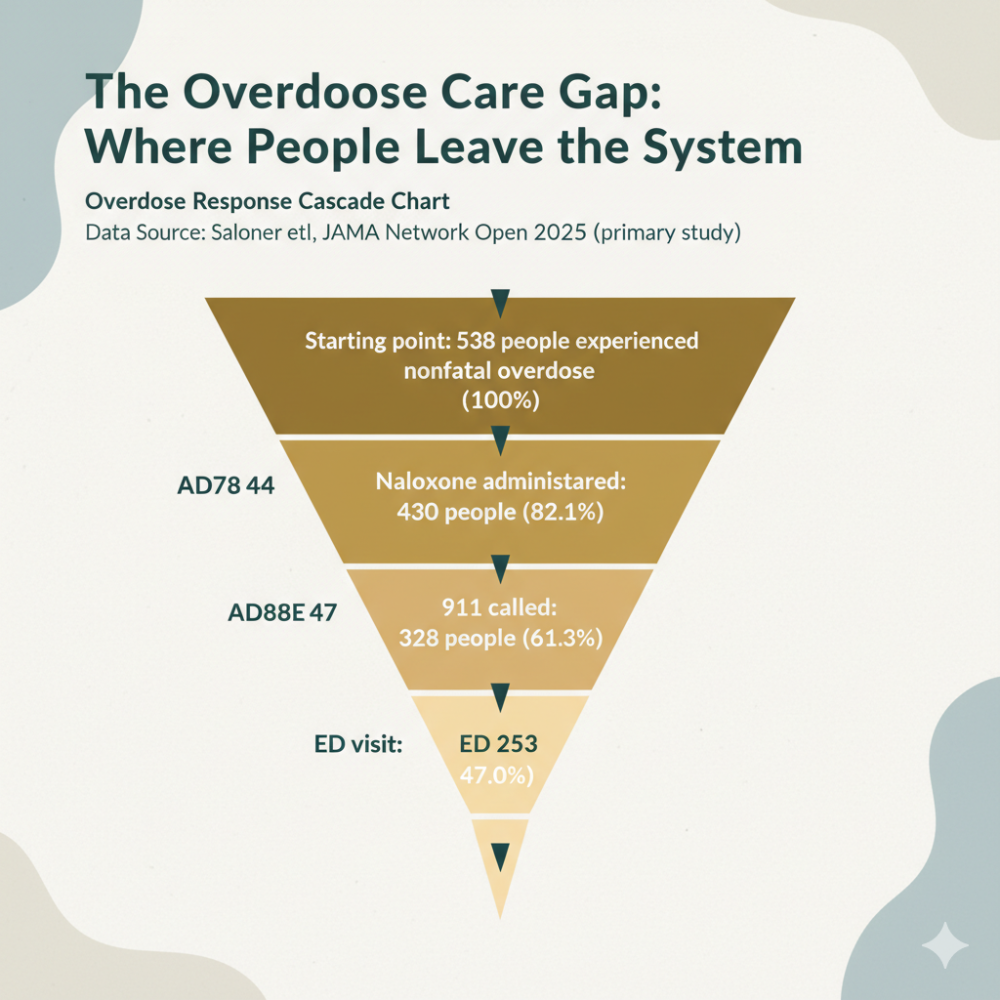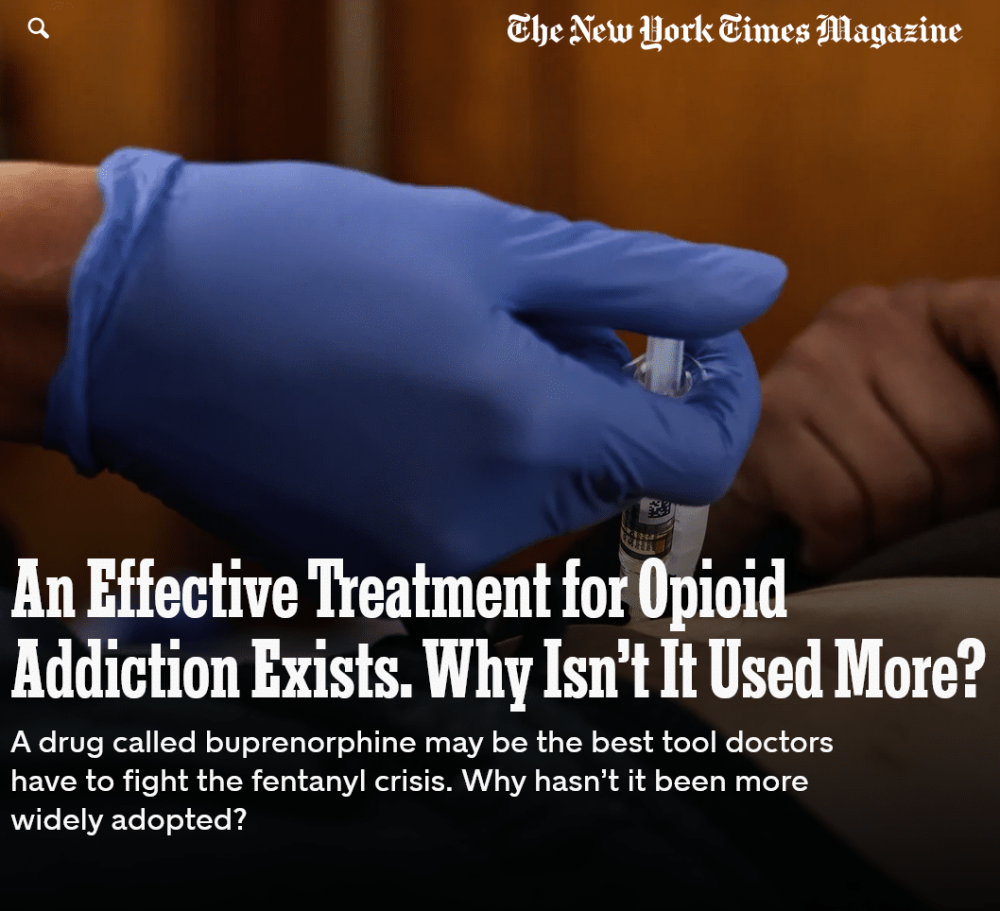In recent years, there has been a spike in opioid-related deaths, specifically synthetic opioids. This increase in synthetic opioid-involved deaths is due to higher amounts of fentanyl findings in drugs. According to the CDC, drugs are testing positive for fentanyl, but not with fentanyl prescribing rates. These rates lead to the conclusion that fentanyl is being illicitly manufactured. Fentanyl is an extremely potent drug, making it easy to become dependent on it. At Gallus Medical Detox Centers, we offer safe, effective, and personalized treatment to safely help you detox off fentanyl.
What Is Fentanyl?
Fentanyl is a synthetic opioid pain reliever that is 50 to 100 times more powerful than morphine. Pharmaceutical fentanyl and illicitly manufactured fentanyl are the categories in which it falls. Despite differences between the two, both can lead to dependency. Pharmaceutical fentanyl is used to treat severe pain, most commonly advanced cancer symptoms. When prescribed by a doctor, fentanyl comes in patches that you put on your skin or as lozenges you suck on. Illicitly manufactured fentanyl, on the other hand, is placed in eye droppers or nasal sprays, made into pills, dropped onto blotter paper and made into a powder. Chemically-similar analogs of fentanyl are also being created, and these include carfentanil, acetylfentanyl, butyrfentanyl, and furanyl fentanyl. Heroin or cocaine have the highest likelihood of being mixed with fentanyl. It is added to heroin to increase potency and be disguised as highly potent heroin. Many people purchase heroin, not knowing it is mixed with fentanyl, resulting in overdose deaths. Fentanyl has become a popular additive due to its easiness in creating a high, making it a cheaper option.
Fentanyl’s Effects on the Body
The side effects of fentanyl use include:
- Extreme happiness
- Drowsiness
- Nausea
- Confusion
- Constipation
- Sedation
- Problems breathing
- Unconsciousness
Opioid receptors are found in areas of the brain that control pain and emotions. Fentanyl binds the opioid receptors, which causes tolerance to the drug. Tolerance lessens the brain’s sensitivity to fentanyl, making it hard to feel pleasure outside of using.
Overdose Rates Due to Fentanyl
Fentanyl and its chemically-similar analogs have caused a spike in opioid-related deaths in recent years. From 2010 to 2018, the number of people dying from opioid overdoses increased by 120%. More specifically, from 2017 to 2018, synthetic opioid-related deaths increased by 10%. In the year 2018, synthetic opioids caused more than 31,000 deaths in the United States and accounted for 67% of opioid-involved deaths. These rates were among males and females, those over the age of 25, non-Hispanic whites, non-Hispanic blacks, Hispanics, and non-Hispanic Asian/Pacific Islanders. Rates also increased in the Northeast, South, and West, but remained stable in the Midwest.
What to Do for a Fentanyl Overdose
If someone you know is overdosing on fentanyl, call 911 immediately. During an overdose, breathing slows or stops, decreasing the amount of oxygen reaching the brain. This condition is called hypoxia, which can lead to coma, permanent brain damage, or death. Medical personnel will administer naloxone, a medicine that can treat an overdose if given right away. Naloxone blocks the effects of opioid drugs by rapidly binding to the opioid receptors. However, the strength of fentanyl may require possible multiple doses of naloxone. Common signs of a fentanyl overdose include:
- Loss of consciousness
- Unresponsive to external stimuli
- Awake, but unable to talk
- Slow, shallow, erratic, or stopped breathing
- Bluish purple/gray or ashen skin tone
- Choking or gurgling sounds
- Vomiting
- Body is limp
- The face is pale or clammy
- Fingernails or lips turn blue or purplish black
- Pulse is slow and erratic/not there at all
Determining Fentanyl Dependency
Dependency is characterized by withdrawal symptoms when stopping a drug. Fentanyl dependency can sometimes lead to a substance use disorder. Substance use disorder is characterized by compulsive drug seeking and drug use that can be difficult to control, despite harmful consequences. Symptoms of fentanyl withdrawal include:
- Muscle and bone pain
- Sleep problems
- Diarrhea and vomiting
- Cold flashes with goosebumps
- Uncontrollable leg movements
- Severe cravings
Due to extreme discomfort and pain, fentanyl may be hard to stop on your own, and may even have fatal outcomes.
How Gallus Detox Medical Centers Can Help
At Gallus Medical Detox Centers, we provide you with experts who can help you overcome uncomfortable withdrawal symptoms. Each patient is provided with an individualized plan curated to meet their needs. To do so, we use the Gallus Method. Key features of Gallus Medical Detox include:
- Individual treatment plans
- Psychological, physical, and social assessments
- IV Therapy Program
- 24/7 medical supervision
- Cardiac telemetry and video technology
- Adjustments to a treatment plan to suit patients’ needs
- An individual recovery plan identifying resources and next steps towards a long-term recovery
Fentanyl is a highly potent drug and can have detrimental effects on the body. Its high strength also makes it easy to become dependent and can even lead to a substance use disorder. Those who use fentanyl are at risk of lifelong effects due to overdose, including coma, brain damage, and death. The highest risk of fentanyl-related overdoses is among those who are unaware of using it. Withdrawing from fentanyl can be extremely painful and scary, and even be fatal. Signs of fentanyl withdrawal include, but are not limited to, muscle and bone pain, diarrhea and vomiting, and uncontrollable leg movements. Withdrawing can be scary, but you don’t need to do it alone.
At Gallus Medical Detox Centers, we provide you with effective treatment to ensure your safe detox from fentanyl. If you or a loved one are struggling with fentanyl dependency or substance use disorder, call us to learn more.


 Steve B
Steve B 
